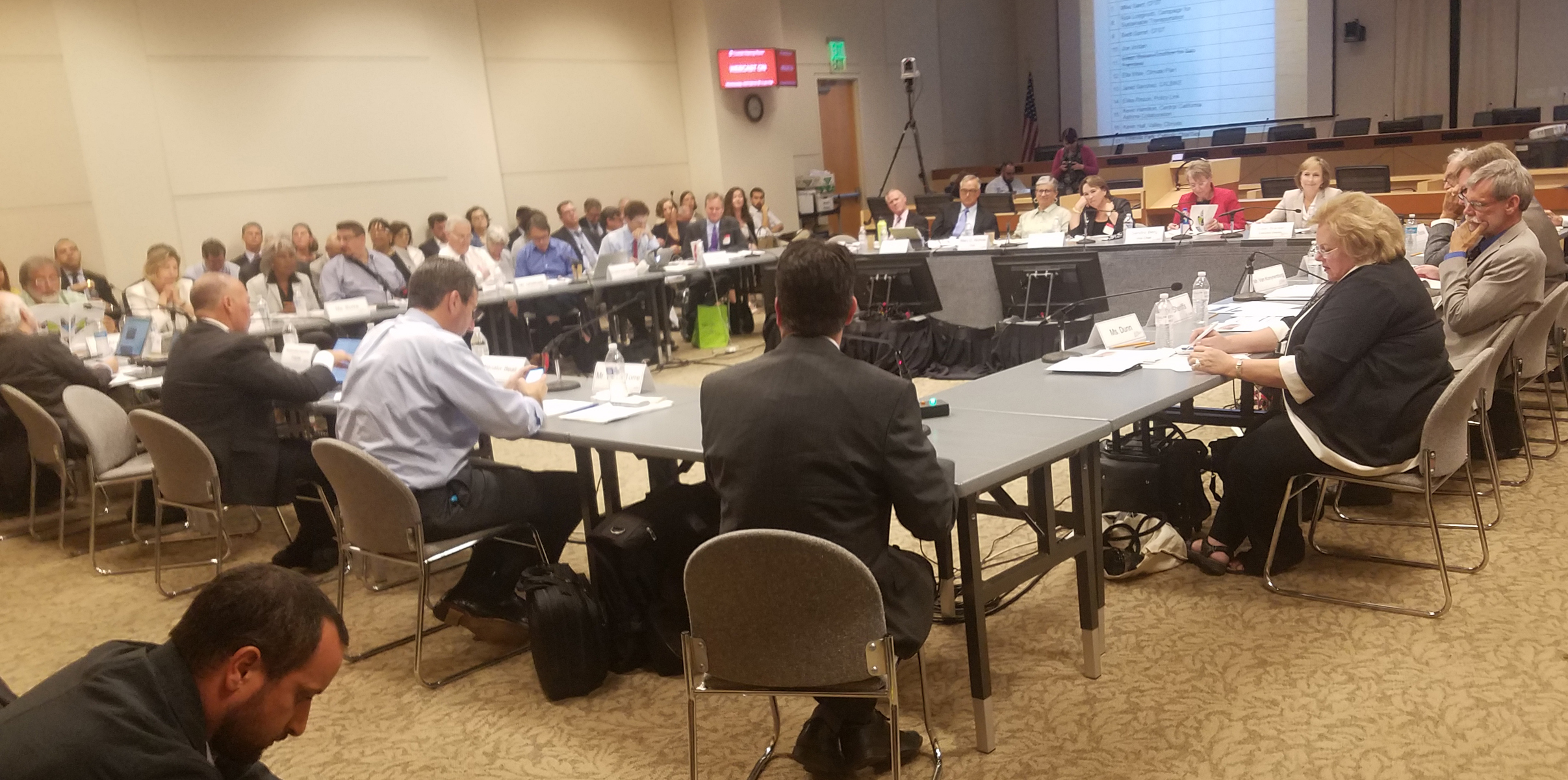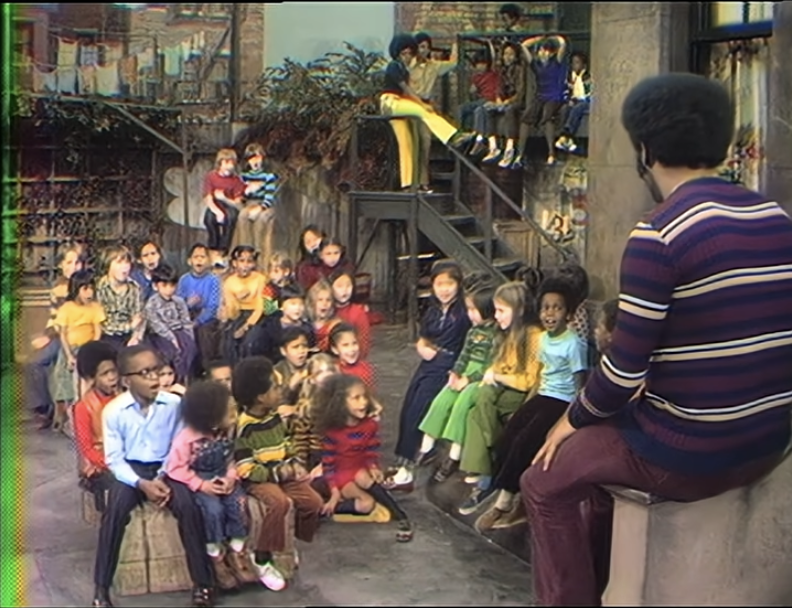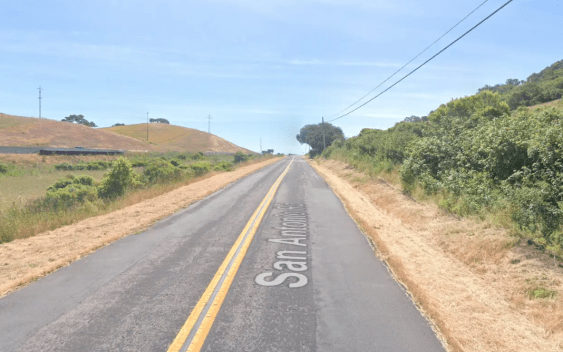There could be three open seats on the California Transportation Commission (CTC) very soon, which gives new Governor Newsom an excellent opportunity to reshape the way transportation funding decisions are made. One commissioner, Jim Madaffer, resigned in January. Two other commissioners, James Earp and Carl Guardino, are also coming to the end of their four-year terms, in February.
Newsom has the option of reappointing them if he wishes, and indeed his predecessor Brown tended to do just that, simply reappointing almost every commissioner. But Newsom could take a different tack, and appoint new commissioners that represent a broader spectrum of California than the current body.
This matters because the California Transportation Commission (CTC) decides what transportation projects get funding. It oversees numerous programs, including the State Highway Operation and Protection Program, the State Transportation Improvement Program, the Active Transportation Program, and programs that were newly created by the recent gas tax increase like the Trade Corridors Enhancement and Solutions for Congested Corridors programs.
In addition to increased responsibility because of more gas tax funding and more programs, the CTC also needs to address the fact that emissions from the transportation sector are increasing. The current board members have been reluctant to acknowledge this, let alone address it. Two joint meetings with the Air Resources Board, set up in order to get the two agencies to stop working at cross-purposes, do not seem to have succeeded in getting the CTC to see the connections between highway building and emissions.
In fact, CTC members instead have responded defensively, pointing to the underfunded Active Transportation Program as an example of how they are helping reduce greenhouse gas emissions and insisting that electric vehicles will eliminate the need to reduce driving. In their own meetings, they have shown poor understanding of some fundamental concepts like why equity is important, and have insisted that pedestrians must take responsibility for being crashed into by cars, and have called environmental justice advocates a "special interest" that must be balanced with other "special interests."
Governor Brown strove for geographic balance among commissioners, but little else. His passive approach to CTC appointments led to only one sitting commissioner, Fresno developer Darius Assemi, being replaced--after more than a year--by Central Valley real estate and agriculture manager Paul Van Konynenburg.
A 2017 bill, A.B. 179, called for the governor to “use every effort” to make sure the CTC “has a diverse membership with expertise in transportation issues,” and considering qualities for commissioners such as “socioeconomic background and professional experience, which may include experience working in, or representing, disadvantaged communities.” The bill's original wording called for stronger rules on commissioner qualifications, but met stiff resistance from the commission and the governor, and was watered down before it was signed into law.
Meanwhile the current commission has done a good job of representing wealthy business interests, landowners, and developers, but not so much for communities affected by the projects they approve--or reject.
Luckily, a broad coalition of pedestrian, bike, and environmental justice organizations have sent a letter to Governor Newsom encouraging him to consider the importance of bringing a community perspective onboard the commission.
"The CTC needs leaders who can speak from and for communities that are experiencing the dire consequences of vehicle-caused pollution and its negative social costs," reads the letter. "The CTC needs leaders who understand the tremendous benefits of multi-modal transportation, and the needs of core transit-dependent populations. The CTC needs leaders with deep knowledge and know-how around evidence-based vehicle mile reduction strategies."
The coalition's letter goes on to outline the kind of experience needed by CTC leaders for California to be able to meet its climate, equity, and health goals:
● Strong commitment to transportation justice and improving our transportation system for low-income and communities of color, including access, mobility, and pollution burden;● Strong understanding of greenhouse gas emission impacts, and related vehicle miles traveled reduction strategies, and the connection to planning and implementation of the transportation network to meet state targets;● Deep understanding of the needs of core transit-dependent populations, and the benefits of multi-modal transportation including walking and biking;● Knowledge of the impacts of limited transportation options and long commute times, especially as they relate to socio-economic factors and social mobility
The letter is signed by California Walks, the Coalition for Clean Air, the California Bicycle Coalition, TransForm, Safe Routes to Schools National Partnership, ClimatePlan, the Leadership Counsel for Justice and Accountability, and numerous other organizations.
Eight highly qualified people have already applied to serve as commissioner, so Governor Newsom has quite a field to choose from to fill these three openings.
It would be easy to dismiss the CTC as a symbolic group that rubber stamps decisions made at the staff level in accordance with existing law. Governor Brown may well have done so. But people who pay attention to its meetings know that's not the case. The commissioners can and do override staff decisions and ignore requests from members of the public when it suits them.
At any rate, the CTC wields considerable power and influence on the way transportation funding is allocated. If the commissioners only represent developers and wealthy interests, it is unlikely they will make decisions that benefit everyone else in the state--including communities impacted by their decisions.






